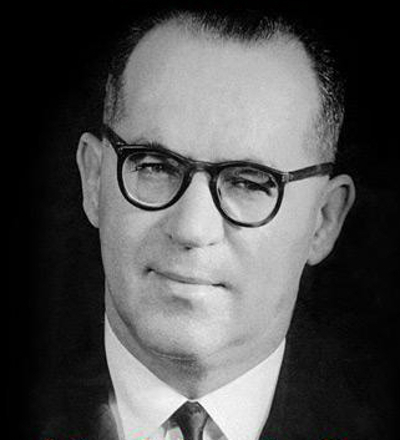Before taking a stand in relation to the aspects that guide the subject in question, let us recall, therefore, some extremely important details. This subject leads us to one of the particularities expressed by the grammatical class represented by verbs – the inflections. These, in turn, are inflected in mode, time, person, number and voice. The latter indicates the relationship that occurs between the subject of a verb and the process that this verb expresses. So, in order to see how such an occurrence occurs, let us analyze:
The director approved the socio-educational measures.
The prayer, when analyzed, demonstrates that:
The subject is represented by: the director
Predicate - approved
Direct object - socio-educational measures
We also have that the director, in addition to representing the subject, represents the agent of the process, that is, he is the one who practices the verbal action. But, after all, if there is “someone” to carry out the action, there is someone to receive it. And who plays this role is exactly “the socio-educational measures”, since it represents the term that indicates something that suffers the action expressed by the verb.
Through such assumptions, and above all because the subject is also the agent of verbal action, we say that the verb is in the active voice.
Do not stop now... There's more after the advertising ;)
Now, if we wanted to transform prayer to passive voice, we would get:
The socio-educational measures were approved by the director.
In this case, we have that the subject is now represented by "the socio-educational measures" which, by the way, he no longer classifies himself as an agent, but as a patient – which is why we say that prayer is found in the voice passive. Therefore, it must be noted that “they were approved” is, therefore, a passive form of the verb to approve.
Referring to our previously acquired knowledge, we have that it is the passive analytical voice, formed with the help of a conjugated auxiliary verb ("were"), followed by a direct transitive or direct and indirect transitive verb, expressed in the participle (“Approved”).
After these analyses, we finally arrived at the central point of our study, that is, to recognize who really is the executor of the process expressed by the verb, in the passive voice. We are referring to the passive agent who, in the example in question, is represented "by the director".
Here we see, finally, its real function.
By Vânia Duarte
Graduated in Letters
Would you like to reference this text in a school or academic work? Look:
DUARTE, Vânia Maria do Nascimento. "The agent of the passive"; Brazil School. Available in: https://brasilescola.uol.com.br/gramatica/o-agente-passiva.htm. Accessed on June 27, 2021.


